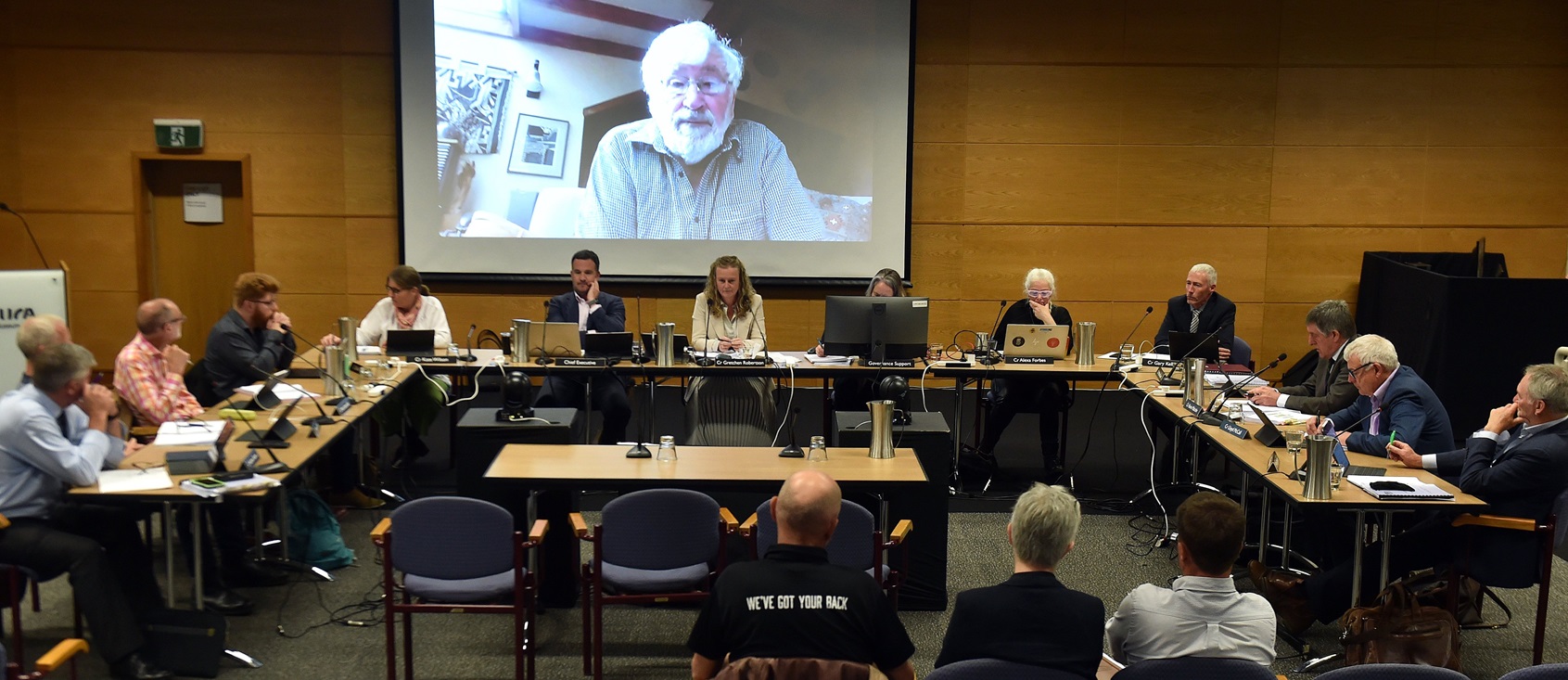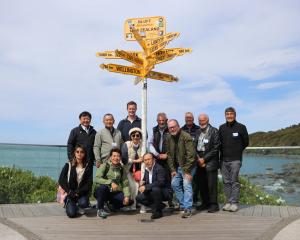
In a 12-0 vote today in Dunedin’s Hutton Theatre, councillors decided the number of Dunedin representatives should drop from six to five and Dunstan (made up of the Central Otago and Queenstown Lakes district areas) should increase from three to four.
The council’s representation review, which began about a year ago, focused on the population growth that inland Otago has experienced since the last review six years ago when the status quo was favoured.
In the lead-up to today’s vote, councillors decided the present number, 12, was appropriate, but the growth in places such as Cromwell, Luggate, Hāwea, Queenstown and Wānaka should be addressed.
In 2018, the Dunstan ward had grown from 57,400 people to an estimated 78,800, far exceeding the growth in other areas.
Over the same six-year span, the Dunedin constituency (central Dunedin and the city’s Waikouaiti Coast, West Harbour, Otago Peninsula and Saddle Hill community board areas) had grown from 110,800 to 115,200 people.
At the hearings, Dunedin Mayor Jules Radich argued for Dunedin to retain six councillors.
The Molyneux constituency, made up of the Clutha district territorial area and Mosgiel-Taieri and Strath-Taieri community board areas, should have been split so Dunedin could be represented by a Mosgiel councillor, Mr Radich said.
He did not find favour with the regional councillors.
Queenstown Lakes District Mayor Glyn Lewers also failed to convince councillors to choose a different council makeup.
He made a bid for a fifth council constituency to be created — one that accounted for the growth in his district’s urban areas plus Cromwell.
In an statement, the council said today there would be a one-month appeals period.
It noted, too, that in August last year, the council resolved to change its electoral system to single transferable vote (STV) for the 2025 and 2028 local body elections.
- APL












